Op shops have always been a source of gold, if you know what you’re looking for. But thanks to Marie Kondo and her KonMari Method™, it’s now easier than ever to find designer goods at your local second-hand retailer or charity store.
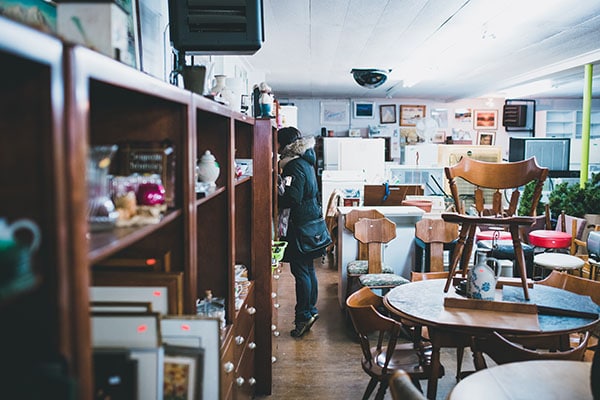
What is the KonMari Method™?
The KonMari Method™ asks one simple question—does is spark joy? By following this mantra, the KonMari Method™ aims to help declutter every room in your home and keeping only what is essential or important.
The method first appeared in Kondo’s debut (and best-selling) book, The Life-Changing Magic of Tidying Up. Decluttering your life frees up your mind and time to focus on what matters.
For us, the op-shop treasure hunters, it also means all of those people who are decluttering their homes are donating mountains of clothes, books, furniture and other household items.
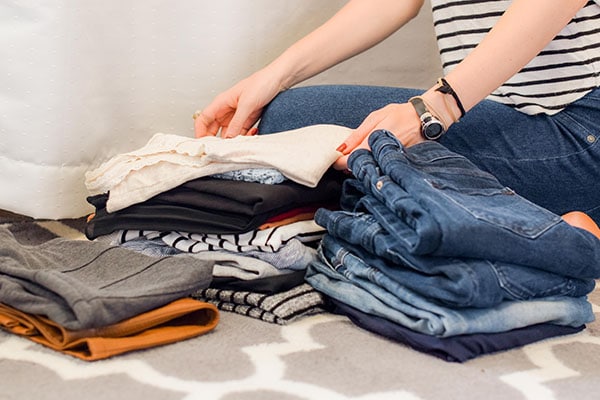
The 5 Steps of the KonMari Method™
1. Follow an order.
One of the things that often stops us from decluttering our homes and lives is not knowing where to begin. To stop the process from being overwhelming, the first step of the KonMari Method™ is to only focus on one room at a time and move through the following categories; organise your wardrobe, books, paper, miscellaneous and then momentos.
2. Break everything into subcategories.
As you work through each category, break everything down into subcategories. For example, as you work through your wardrobe, you’d start with your tops before moving onto pants.
3. Decide what to keep or donate
As you work through each subcategory, create four piles—keep, sell, donate and throw out. Hold each item and ask yourself if it truly sparks you joy. It can be difficult at first and you’ll be tempted to hold onto items (but I’ll wear it when I lose weight!), but be harsh with yourself and it will get easier.
4. Organise your space.
Once you have decided what to keep and what to donate, decide where and how to store. Kondo encourages storing items of the same time together.
Need some storage ideas?
5. Do it all in one go.
Set aside a full day or weekend to tackle each room. Once you start, commit yourself to finishing the process all in one go.
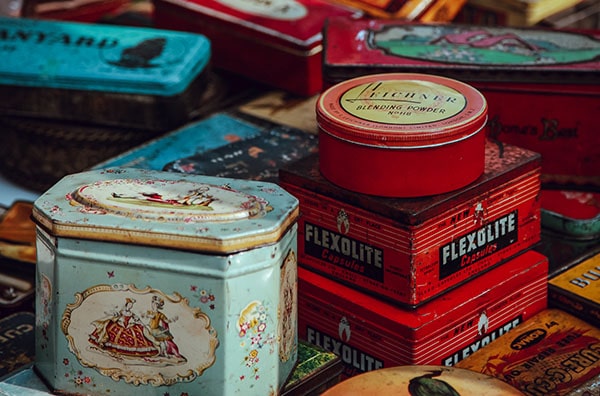
What can you donate to op shops?
Everything from furniture and shoes to furniture and knick knacks can be donated to op shops, if they’re in good condition. Funds raised from selling items at opportunity shops helps foundations like the Red Cross or St Vincent de Paul Society support the local community, and people shop while on a budget.
Many op shops will also offer a pick-up service if you have a large donation to give. They’ll check each item for stains, rips and breakages to ensure everything is in good condition to pass onto the community.
Things you cannot donate to an op shop:
- Used underwear (clean bras in good condition may be accepted).
- Stained, unwashed, damaged or overly worn clothing.
- Soiled or damaged furniture or items.
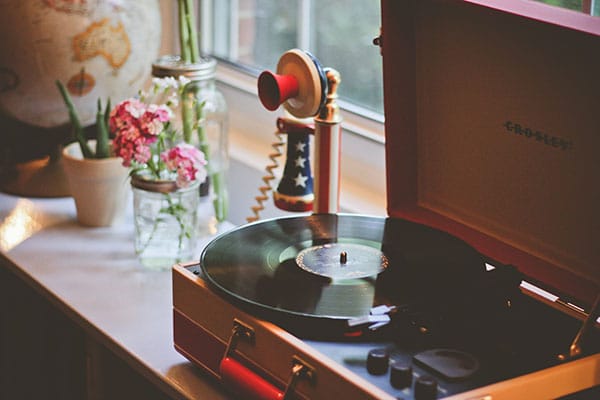
Items to Keep an Eye Out for in Op Shops
While some stores may limit donations to only clothing and accessories, many op shops will welcome furniture, electronics, vinyl records, cooking appliances, books (think everything from novels to cook books) and home décor.
Op shops are also the perfect place to spot vintage and designer pieces. In fact, many antique dealers will scour op shops weekly to pick up valuable finds being sold at insanely good prices. You may be familiar with online fashion retailer, Nasty Gal, which was created by Sophia Amoruso as an eBay store stocking her vintage second-hand finds.
Op shops are also treasure troves if you’re trying to decorate your home on a budget. Keep an eye out for decorated plates, which are ideal pieces for beautiful wall decoration, or even some old classic film memorabilia.
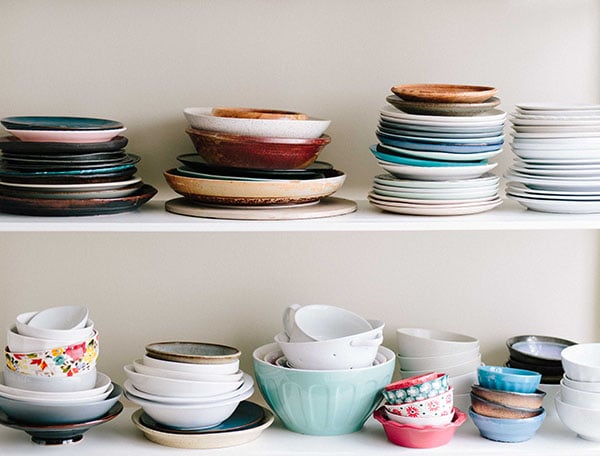
How has the KonMari method influenced sustainable fashion?
Using the KonMari Method™ and shopping at local op shops can also help us move towards a more sustainable approach to fashion.
According to the 2019 resale report from thredUP, fashion has an increasingly negative impact on the Earth. 108 million tonnes of non-renewable resources are used each year to produce materials for clothing, and much of this ends up in landfills. By donating and shopping at op shops, we can help reduce textile waste and its harmful impacts on energy and water consumption.
Changing our buying habits and shopping at op shops allows us to reuse clothing and promotes a more sustainable way of living. Thredup predicts the secondhand clothing market will double in the next ten years as we move towards a more sustainable way of living.
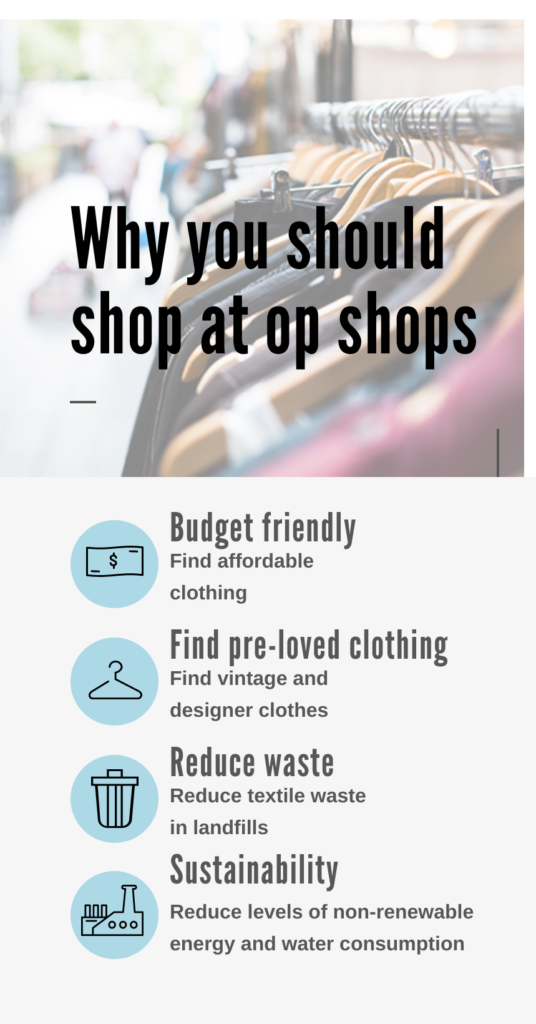
Feature photo by Artem Beliaikin on Unsplash
Find an Op Shop near you





